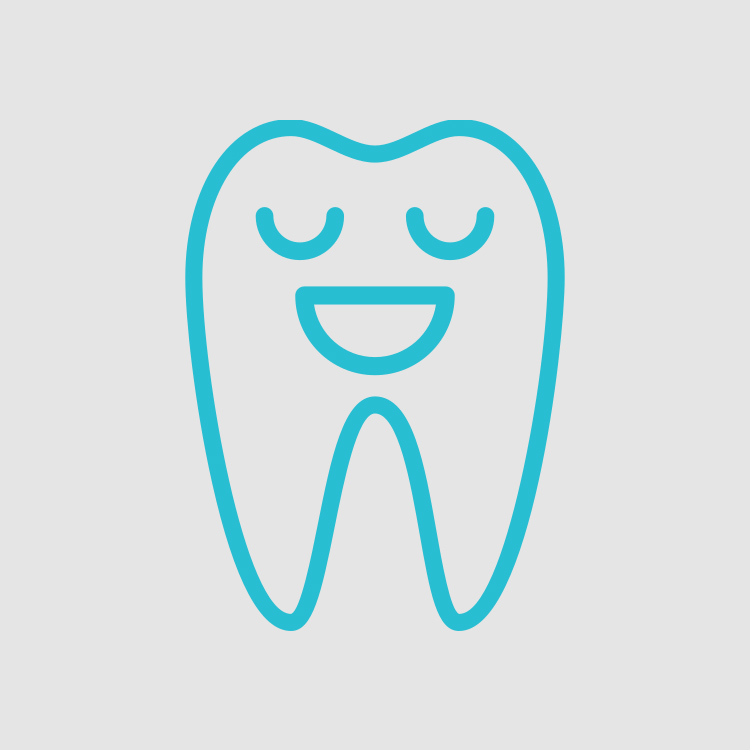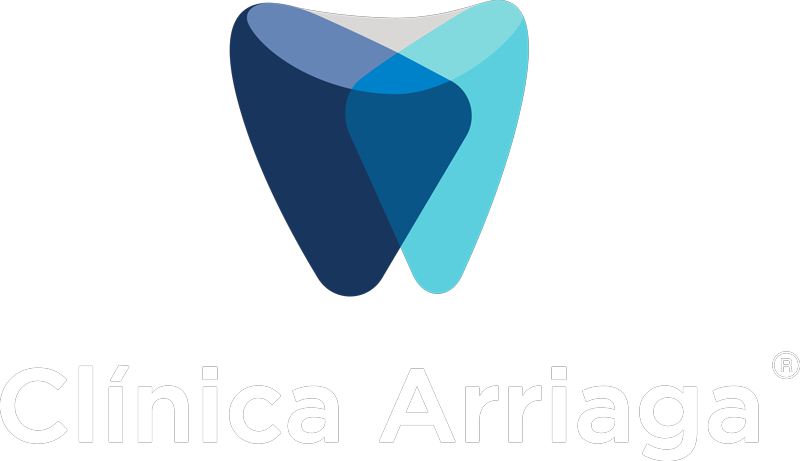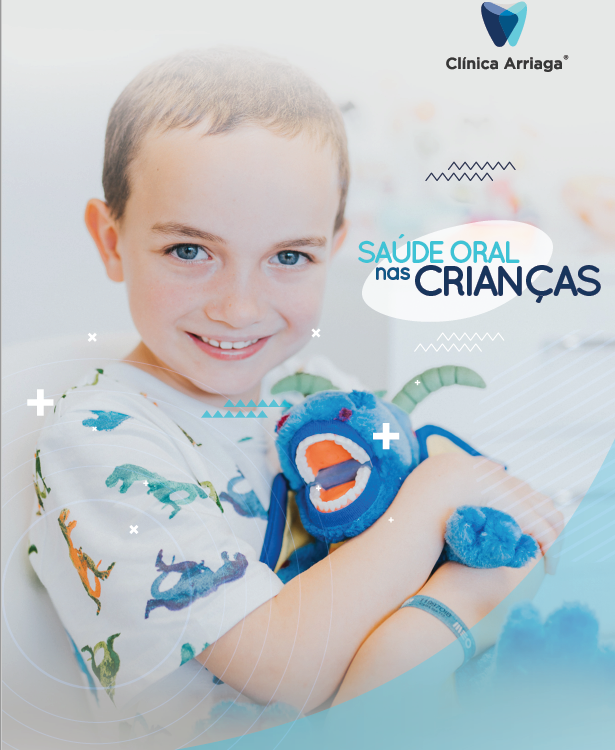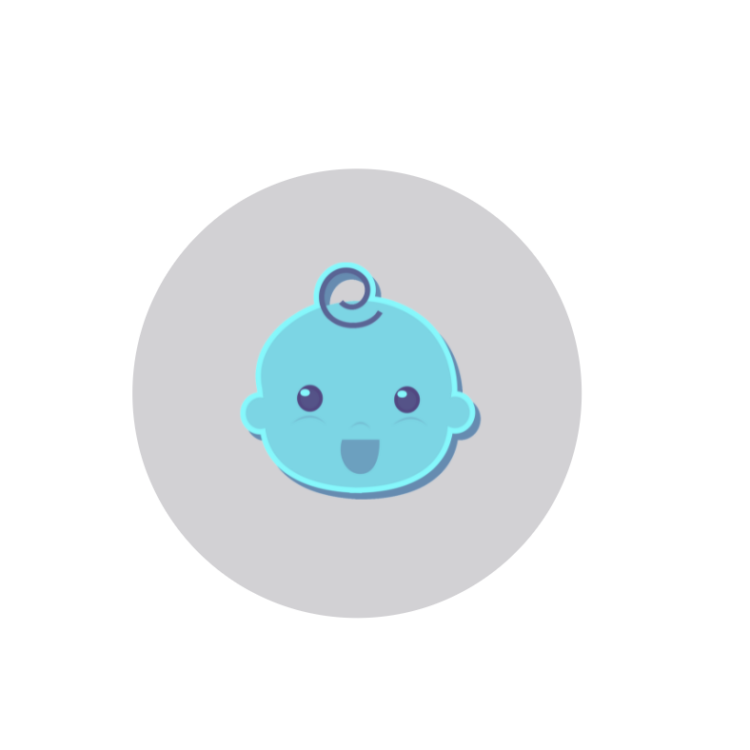
Pediatric Dentistry
Oral hygiene in childhood
Oral hygiene is different according to age. Ideally you should start cleaning the baby's mouth before the milk teeth erupt (massage the gums with gauze/silicone pad or a clean cloth dampened with water).
After the baby's first teeth appear, cleaning with toothpaste is mandatory.
After all milk teeth reupt (18 to 24 months), use dental floss to clean the surfaces between the teeth every night.
Remember that children aged 7 to 9 years do not have sufficient ability to perform effective oral hygiene on their own; therefore, it is the responsibility of parents, or caregivers, to supervise and review brushing, twice a day (morning and before bedtime, ate a minimum).
Regarding the use of toothpaste, a toothpaste with a fluoride concentration appropriate to the child's age should be chosen. The fluoride concentration appears on the toothpaste label in ppm's (parts per million):
First teeth – The amount of fluoride toothpaste (1000 ppm's) should be similar to the size of a grain of rice. You can find this mark on the toothbrush itself.
Permanent teeth – If your child already has some permanent teeth, the amount of fluoride toothpaste (1450 ppm's) should be about the size of a small pea and you can check that mark on the toothbrush.
From 0-3 years the amount of paste used should be equivalent to the size of a grain of rice. From 3 years onwards, this quantity becomes the size of a pea.
First Dental Appointment
The first appointment should be made when the first baby teeth erupt, in other words, around 6 months of age.
This appointment is recommended in order to raise awareness of children's oral hygiene. If good oral hygiene is present, regular appointments over a period of 6 months are recommended. On the other hand, if there is a high risk of caries, a quarterly visit is recommended in order to control and encourage an improvement in oral hygiene and change in eating habits.
Fissure sealants (prevention of caries)
It should be done when the permanent teeth erupt, namely the molars, in order to prevent the appearance of caries.
Cavities in milk teeth
It should be remembered that a caries is a risk situation for the appearance of an infection and, therefore, if there is a caries in any tooth, either "milk" or "definitive", you should schedule an appointment with a dentist (who will evaluate the situation and recommend what is indicated).
Children need a set of 20 temporary teeth to eat and speak properly. These teeth also save room for permanent teeth that will erupt later. Having all healthy temporary teeth, in both dental arches, allows for proper development of the child's jaw and face.
Parents should not wait until their child is in pain to take them to the dentist for the first time. An annual visit to the dentist will help in the early diagnosis of certain diseases or changes, and allow your child to get used to the dental appointment.
The recommended frequency of check-ups is every six months until adolescence (regardless of whether or not parents think there is an oral health problem with their child).
At review visits, the dentist also helps to instill the importance of prevention in parents. It's important to emphasize that we should take one or two steps ahead of problems, not half a step back.
E-Book
Download our E-Book.






